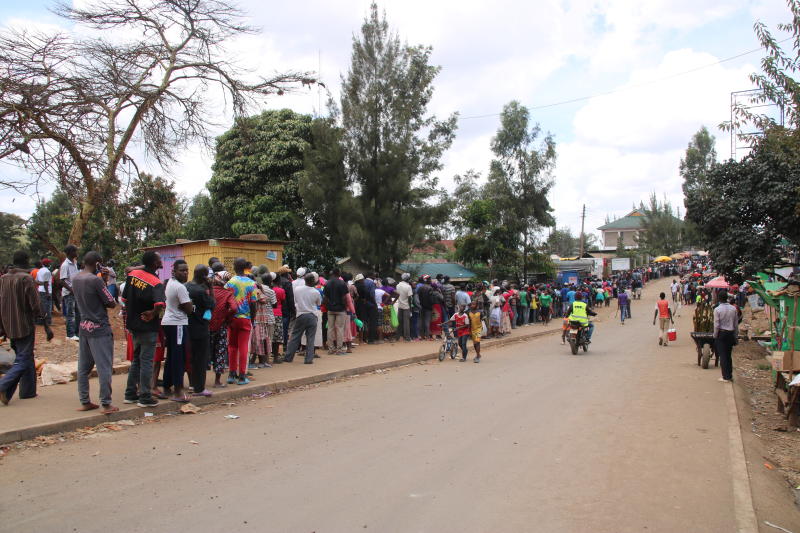×
The Standard e-Paper
Stay Informed, Even Offline

The recent riots over free food in Kibra got more airtime than the good gesture itself, reinforcing the popular image of Africa as a hopeless continent.
But let us be fair to Kibra residents. I have seen affluent men and women scrambling for free meat or beer in golf courses. Free things make us irrational.